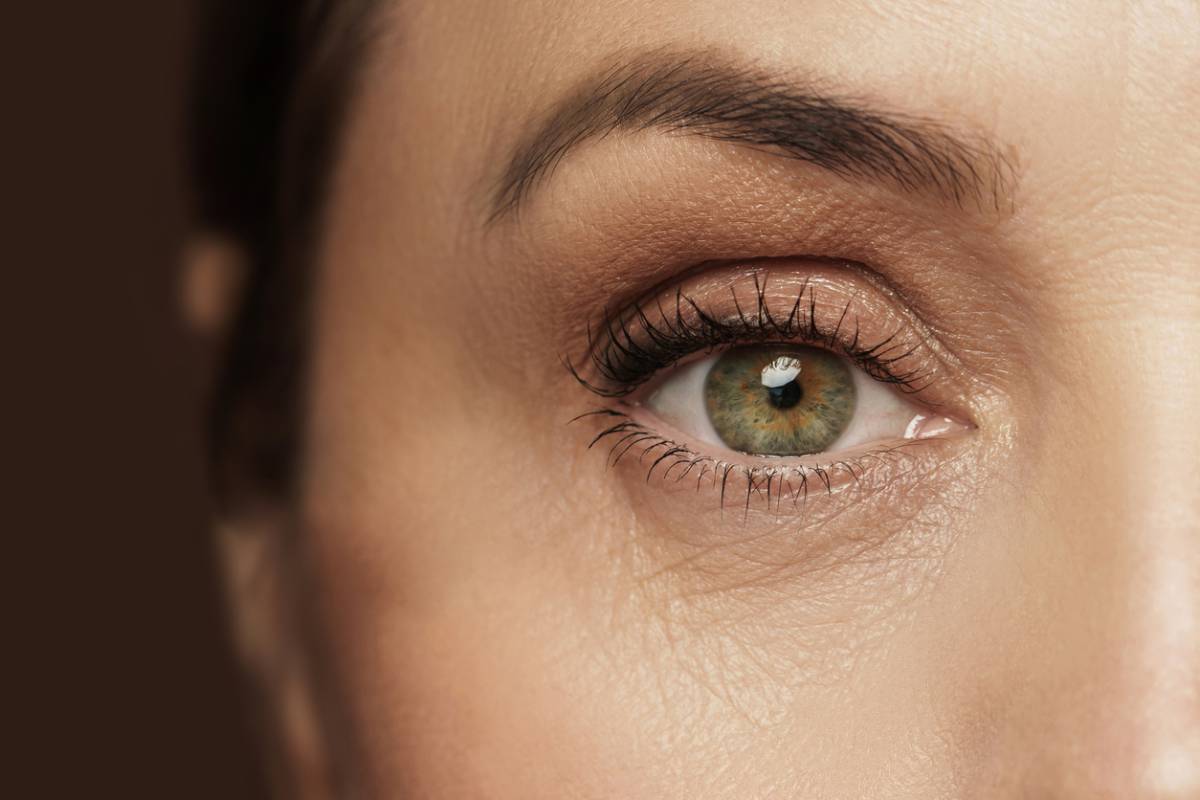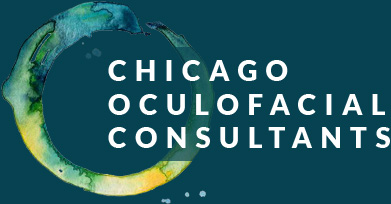Ptosis, or drooping of your eyelid, is typically caused by factors like aging, trauma, or muscle weakness. Vitamin deficiencies can, in some cases, contribute to the development or exacerbate ptosis. But does vitamin deficiency cause ptosis? Yes, vitamin deficiency can cause ptosis, but it is important to note that these cases are relatively rare. If you are experiencing symptoms of ptosis, consult a medical professional to discuss treatment options, including ptosis surgery.
What Is Ptosis?
Ptosis is defined as a condition that causes the eyelid to sag or droop over your eye. The main muscle in your upper eyelid, responsible for lifting your lid, becomes weak or damaged, creating the appearance of drooping. Congenital ptosis describes cases where it is present at birth. Acquired ptosis develops over time and is often due to aging, injury, or nerve damage. Deficiencies in B vitamins have also been shown to cause ptosis, although this is rare.
Symptoms of Ptosis
- Mild to severe drooping eyelid
- Obstructed vision caused by eyelid drooping.
- Difficulty seeing
- Tilting your head back for better vision.
- Eye fatigue
Ptosis Treatment
Treatment for ptosis is going to depend on the underlying cause and severity. For mild cases, observation and monitoring will suffice. In more severe cases or situations involving aesthetics, surgical interventions may be beneficial. Consulting with a surgeon to discuss oculofacial plastic surgery and other treatment options for ptosis is the best option to achieve your desired results.
Does Vitamin Deficiency Cause Ptosis?
In varying amounts, your body relies on essential vitamins to function properly. Vitamins play a key role in:
- Energy production
- Immune function
- Cell growth and repair
- Metabolic processes
- Vision and nerve function
- Bone and tissue health
- Blood clotting
- Antioxidant protection
- Hormone Regulation
- Red blood cell formation and more.
Your body needs a balanced intake of vitamins through diet and supplements to maintain optimal health and prevent illness and disease. Without these essential organic compounds, your body can’t function, and when you lack sufficient amounts of vitamins, you can begin to experience prominent and persistent symptoms.
If you or a loved one are experiencing these symptoms and they don’t resolve over time or get worse, contact an ocular professional right away. Ensuring the health of your eyes should be a top priority. This can be done through regular visits with an eye specialist, healthy lifestyle habits, and a balanced diet. For cases that persist, you may want to discuss surgical remedies like ptosis surgery with an eye surgeon to correct this concern.
Link Between Vitamin B Deficiency and Ptosis
The link between vitamin deficiency and ptosis is seen primarily in individuals lacking B vitamins. While a link has been established, ptosis is not directly caused by a vitamin deficiency. Concerning this condition, deficiency in B12 can cause neurological problems to develop, including peripheral nerve damage and vision problems. Specifically, Wernicke Encephalopathy, a brain disorder caused by B1 deficiency, can cause individuals to experience involuntary eye movement problems and ptosis.
Treating Ptosis Caused By B Vitamin Deficiency
When the cause of ptosis is related to a B vitamin deficiency, it is best treated by addressing the deficiency through dietary changes and supplements. Before taking any supplements or dietary modifications, consult with a medical professional to ensure you are getting individualized treatment. In addition to treating the deficiency, your physician will work to treat the underlying cause.
While ptosis is associated with a lack of B vitamins, keeping balanced levels of nutrients is a good rule to follow. The healthier your body is, the healthier your eyes are. To gain or maintain good overall health, implement healthy lifestyle changes and track dietary habits to keep your body and your eyes in top shape. Consult with experienced professionals to create and monitor a care plan specific to your needs.
Vitamin Deficiency and Ptosis
Evidence linking B vitamin deficiencies to ptosis, although indirect, underscores the importance of maintaining adequate levels of this essential nutrient. Addressing vitamin deficiencies can not only mitigate the risk of developing ptosis but also support overall ocular health and well-being. When vitamin deficiency-caused ptosis is a concern, it is important to seek the advice and aid of an oculofacial plastic surgeon to ensure optimal eye health. If you suffer from ptosis caused by vitamin deficiency, your care team can help put you on the path to correcting this issue.
If you think you may suffer from ptosis caused by a vitamin deficiency, call today to discover if ptosis surgery is a good match for you.
Reference:
Boyd, K. (2024). What is Ptosis?


